Readers must understand how the jargon of political chicanery has corrupted journalism if they are to make sense of the coming Truss premiership. Unless you grasp the slippery, new meaning of ‘pivot,’ media coverage will leave you clueless.
To give you a taste of what is to come try this sentence from the Politico website. Liz Truss may have to ‘pivot away once the battle for members’ hearts has been won’. Pivot? Is our next prime minister a machine part that will bend the body politic with the prevailing wind? Or try this from the Independent: ‘Therein lies the truth about the coming pivot… The only question is how skilfully she makes the transition.’
Euphemism exists to spare the embarrassment telling the truth brings. If you are a right-wing MP or ambitious wonk on the Truss campaign ‘pivot’ is such a useful word. Far better to say ‘we need to pivot from campaign mode to governing mode,’ than to blurt out that ‘now we have their votes we can forget the lies we told to win over Conservative members’. Far better for Truss herself to say, ‘I am pivoting from my previous position on tax cuts’ to ‘I admit that I was wrong’.
Pivoting calls to mind the elegance of a ballerina turning on her points. Not the cynicism of a politician breaking promises she made only a few days before.
At a scratch, a literate Truss aide might replace pivots with Mario Cuomo’s line that ‘you campaign in poetry and govern in prose’. It serves the same genteel purpose. Poetry like pivoting evokes no thought of betrayal, mendacity and cynicism.
The scale of a possible betrayal is enormous. If the reality of our perilous position forces Truss to change, she won’t be like a ballerina shifting her position on stage but like a super-tanker trying to U-turn in a hurricane.
To date she has promised about £50 billion pounds of unfunded tax cuts that will add to record borrowing just at the moment the financial markets are turning on the UK. As the NHS heads into the worst crisis in its history, Truss has promised to divert money from hospitals to social care. Somewhat belatedly, she has noticed that we are also facing the worst energy crisis since the 1970s, and promised to help poor households, although no one knows how.
There are commitments from her hustings appearances to cut business rates, attack the independence of the Bank of England, and to pick fights with the French and the European Union. At one point in this week’s hustings, she hinted she could scrap speed limits on motorways. Presumably, she wanted to secure the votes of the few hundred drivers left in the UK who don’t have to worry about burning through fuel.
And we are meant to believe that, when the realities of the energy, borrowing and NHS disasters hit her next week, she can just ‘pivot’ away from these commitments, ditch the tax cuts, and direct what resources the British state can still muster to where they are needed most.
Euphemism sucks truthfulness from politics, which is why you hear it everywhere. When journalists fall into euphemistic language it is a sign that their contacts have captured them. They become part of the process they are meant to investigate and criticise. Almost ten years ago Brad Phillips, who ran a consultancy for aspiring politicians, marvelled at how ‘almost every blogger, pundit, reporter and tweeter sees the world as a media trainer does. They now speak a shared language, with terms such as ‘pivoting’ and ‘bridging’ and ‘optics’ and ‘gaffes’ pervading a surprising number of their stories.’
At the same time, critics of the mainstream US media were damning ‘horse race journalism’ where reporters concerned themselves with poll ratings, process and personalities to the virtual exclusion of everything else. Policy issues accounted for 10 per cent of the news coverage of the 2016 US presidential election, according to an analysis by the Harvard Kennedy School of Government. Most reporters concentrated on who was winning and losing and why. And they could not even get that right, as Donald Trump proved when his surprise victory stunned journalists and pollsters.
Trump’s case shows the appeal of the sugary language of ‘pivoting’. Readers of the American press of the day saw commentators begging him to do the decent thing and ‘pivot’ just as today commentators expect Truss to change. Surely the brutish, threatening figure of the campaign would transform himself into a Washington insider when he was president.
Trump never did. David Cameron might have promised to insulate homes and build alternative sources of energy during the poetic phase of his 2010 election campaign, only to scoff about ‘green crap’ in the crude prose of his premiership. Boris Johnson may have promised to get Brexit done and level up the UK, but delivered on neither in power. Keir Starmer may have abandoned the promises he made to the left to become Labour leader.
But the fascinating and to be frank terrifying question about Truss is whether she is British Trump. Whether, in short, she actually believes she must honour her fantasy campaign promises.
Conservative-minded readers will be able to answer it better than I can. Truss will come into power without a mandate from the electorate or from Conservative MPs, who preferred Rishi Sunak. Her support is from the right of the parliamentary party and Conservative members. They believe that tax cuts, even at a time of horrendous demand for public funds, will magically revive the economy.
If she cynically betrays them – I am so sorry, if she ‘pivots’ away from them – will her sole base of support turn on her? And if it does, who will she have left to ‘pivot’ to?
Got something to add? Join the discussion and comment below.
Get 10 issues for just $10
Subscribe to The Spectator Australia today for the next 10 magazine issues, plus full online access, for just $10.


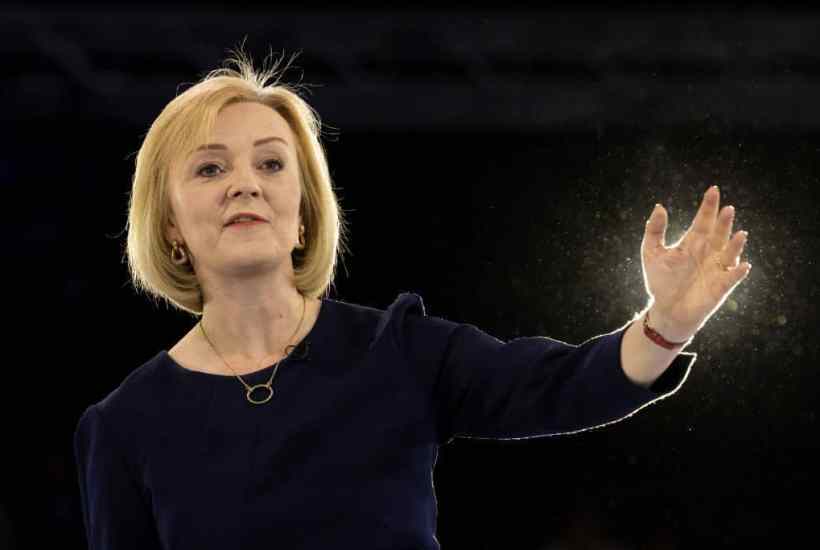
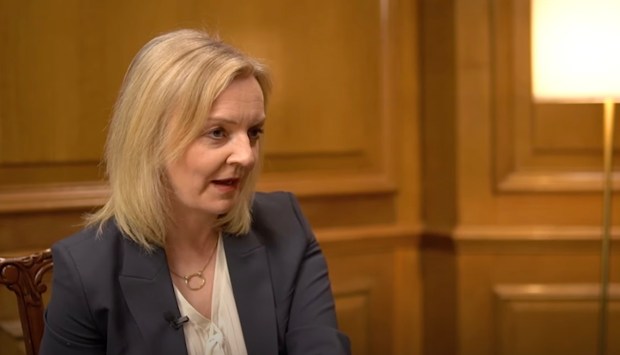
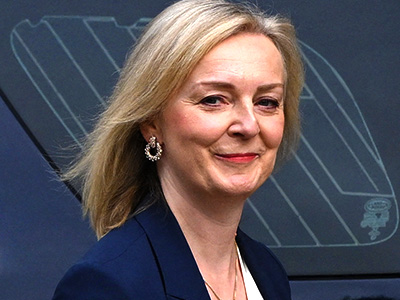
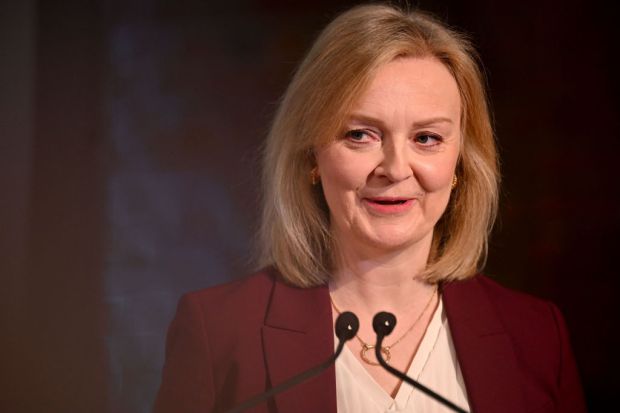
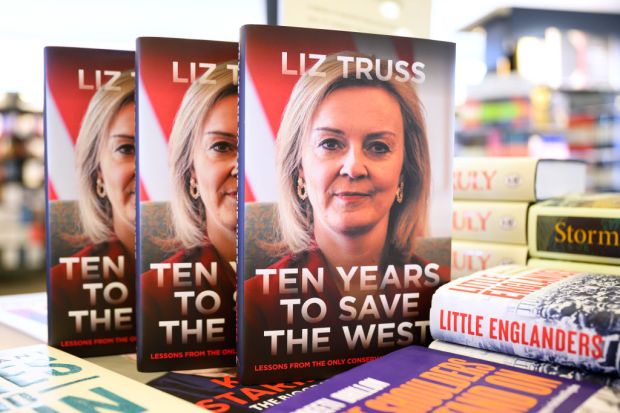
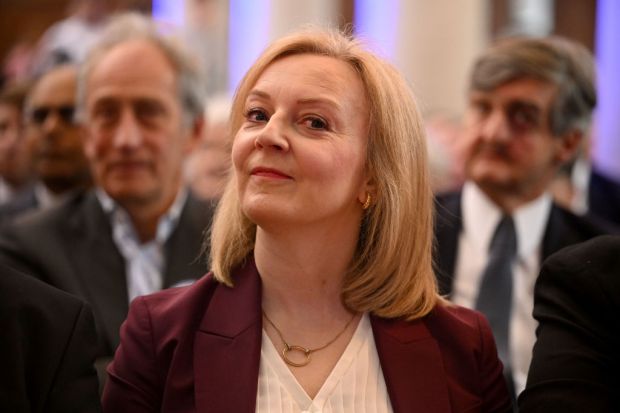
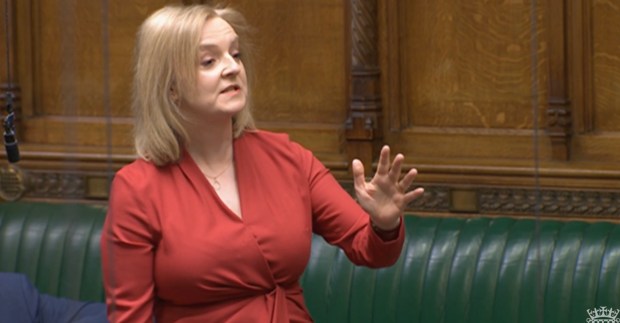












Comments
Don't miss out
Join the conversation with other Spectator Australia readers. Subscribe to leave a comment.
SUBSCRIBEAlready a subscriber? Log in